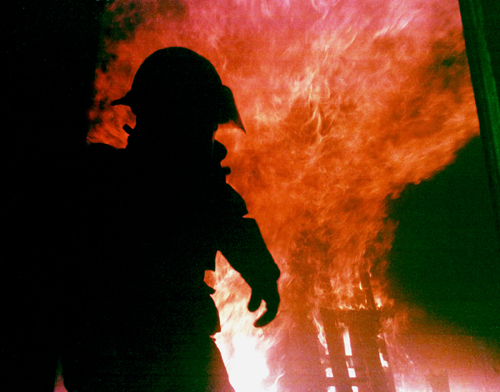Journalists and the Law
Not in a cout-of-law sense, but an on-the-street sort of law, journalists are seeing increased awareness of the presence by law enforcement personnel – and not necessarily in a good way. A recent article on Gizmodo highlighted several instances of questionable arrests and detainments. Al Tompkins at the Poynter Institute went a few steps further in talking with a couple of attorneys who specialize in media rights.

It’s been several years since I worked on the streets but a significant part of my career involved covering spot news – fires, car wrecks, murders, hurricanes and other major storms. In more than a dozen years, I never had a confrontation with a police officer or other official. In that same time period, almost every one of my colleagues had several. It’s entirely possible that I was just lucky, but it’s also possible that it was because of the way I handled those situations.
I tried very hard to balance my needs as a photojournalist with the needs of the public safety folks, being very aware of where they were and what they were doing. Staying out of their way played a part in it, as well as my penchant for shooting with longer lenses. Keeping that working distance may have helped.
Some photojournalists would go so far as to try to befriend the people they covered, giving them prints from scenes and such. That, to me, was going over the line – it’s okay to be friendly to those you cover, but becoming friends raises some larger issues when it comes to those you cover. It was always a professional relationship built on a respect for what each of us needed to do.
Our roles as journalists are no more important, nor less important, than those of the people we cover. Thinking our presence is of greater importance is going to lead to a conflict. And, as a wise old editor once told me, right or wrong, you can’t make a picture from the back seat of a cruiser.